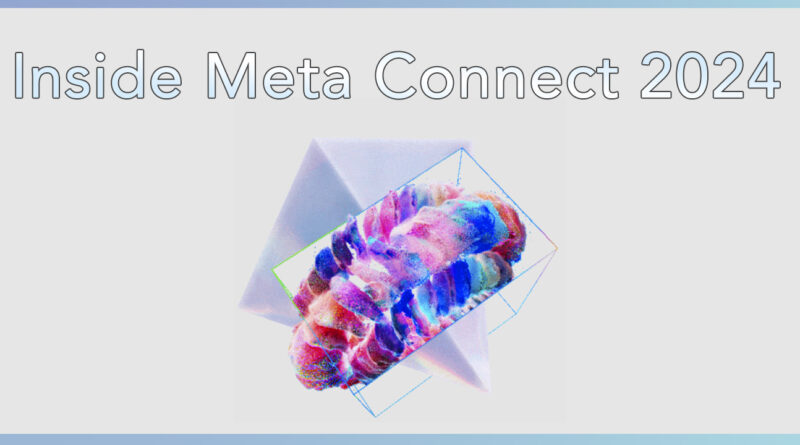Inside Meta Connect 2024
Another year. Another Meta Connect loaded with brand new tech, upcoming product teases, and a glimpse into the future of VR and AR.
Quest 3S Has Landed
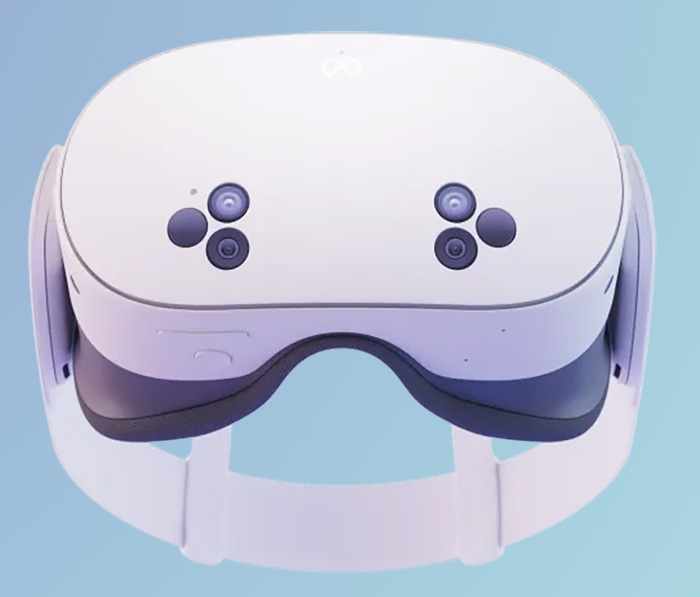
The Quest 3S was the anticipated highlight of Meta Connect this year and was revealed to great fanfare. Delivering a range of exciting new features, Quest 3S offers a more affordable, accessible alternative to the more powerful, more expensive Quest 3. As many expected, both the Quest 2 and Quest Pro will be discontinued either by the end of 2024 or when existing stock is sold out.
The 128GB model Quest 3 will also be discontinued, while the 512GB Quest 3 will see its price lowered to $500, leaving Meta’s VR headset lineup completely comprised of the Quest 3 family: Quest 3 (512GB), Quest 3S (128GB), and Quest 3S (256GB).
End of an Era
Former Oculus CTO John Carmack once predicted the failure of Quest Pro and urged Meta to focus on less niche, more mass-marketable products. As has so often proven the case, Carmack was correct. While the Quest Pro introduced some cutting-edge technology, its sales didn’t take off.
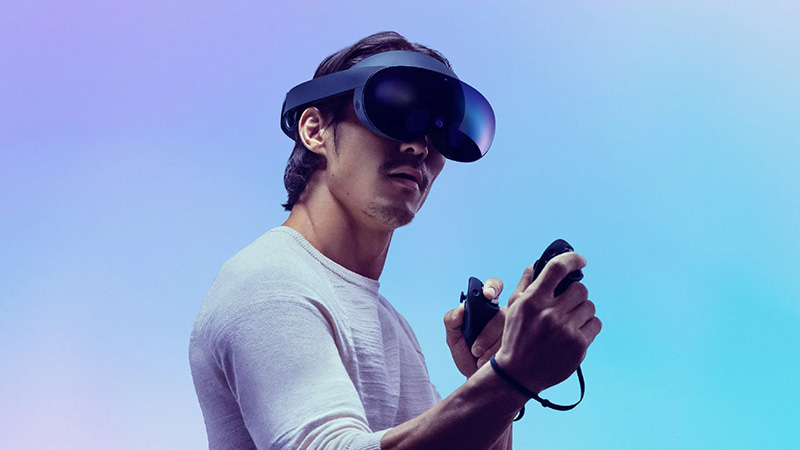
Consumer uptake was low despite innovations like pancake lenses, eye and face tracking, and self-tracking controllers. Perhaps the news leaking out about the impending unveiling of Quest 3 softened excitement for the Pro. Quest 2, of course, was met with the opposite reaction: widespread global enthusiasm and massive sales to the tune of an estimated 20-30 million units.
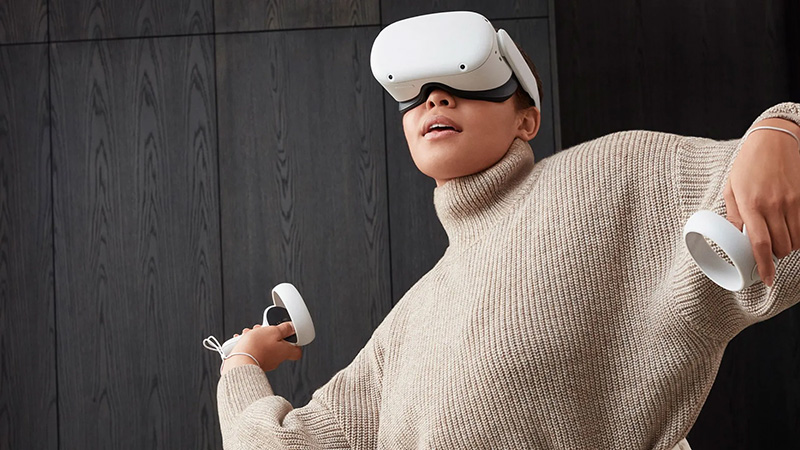
The Future is Orion
Perhaps the most technologically significant revelation made at Meta Connect 2024 was Meta Orion, the company’s long-awaited AR glasses. This next step in wearable AR technology is comprised of more than just “smart glasses” and includes an electromyographic wristband and a wireless computing puck.
The Orion glasses are built with a magnesium frame, miniaturized sensors and cameras, advanced thermal control, Micro LED projectors, and a field of view of roughly 70°. Its tracking system includes voice, eye, and hand tracking, the wristband also serving as a gestural input sensor and haptic feedback delivery system.
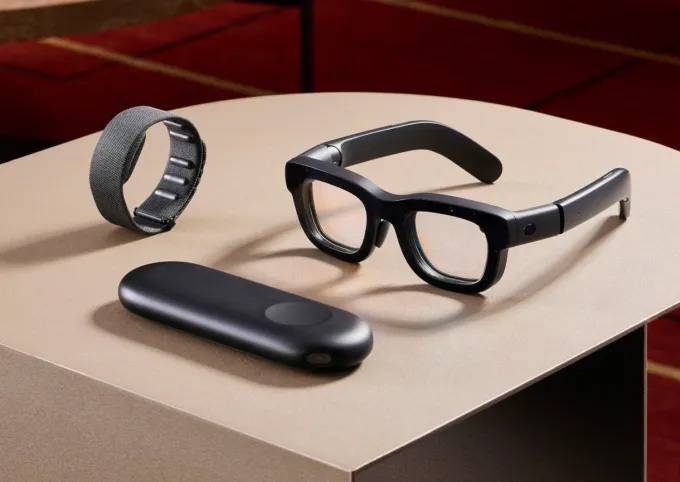
Given the compact design of Orion’s glasses and their modest processing power, it was expected that peripherals would be needed. Meta’s solution is a pocket-sized, low-latency dual-processor puck that handles the heavy lifting. Meta AI acts as a virtual assistant, and information and analysis resources to the user.
Unfortunately for those eagerly awaiting such a feature-rich AR device of their own, Orion won’t be available to the general public anytime soon. Meta calls Orion a “polished product prototype,” in need of further development before it reaches consumers. Even as a portent of AR’s promising future, Meta Orion has immense value.

